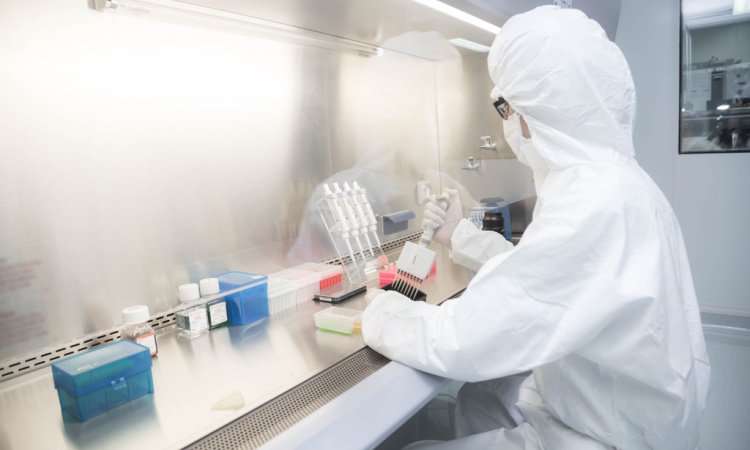Second Death Reported After Elevidys Gene Therapy; FDA and Sarepta Investigating

A second patient has died following treatment with Elevidys, the only FDA-approved gene
therapy for Duchenne muscular dystrophy (DMD), Sarepta Therapeutics confirmed during a
company call on June 16. Both patients, a 15-year-old and a 16-year-old boy, were non-
ambulatory and died within 90 days of receiving the therapy.
therapy for Duchenne muscular dystrophy (DMD), Sarepta Therapeutics confirmed during a
company call on June 16. Both patients, a 15-year-old and a 16-year-old boy, were non-
ambulatory and died within 90 days of receiving the therapy.
According to Sarepta, the 15-year-old died from acute liver failure, a known side effect of
Elevidys. The company stated it is conducting a thorough investigation into both deaths to
determine whether there are shared risk factors.
In response to the incidents, Sarepta is suspending shipments of Elevidys for non-ambulatory
patients and halting an ongoing clinical trial. The company is developing an enhanced
immunosuppressive regimen that includes the drug sirolimus and plans to consult with the
FDA before resuming treatment in this patient group.
“Our paramount priority is the safety and well-being of the patients we serve. We are taking
immediate, decisive steps to understand better and mitigate the risk of acute liver failure,
including enhancing the immunosuppressive regimen, for those with Duchenne who are non-
ambulatory,”said Louise Rodino-Klapac, Sarepta’s Chief Scientific Officer and Head of R&D, in a
statement.
including enhancing the immunosuppressive regimen, for those with Duchenne who are non-
ambulatory,”said Louise Rodino-Klapac, Sarepta’s Chief Scientific Officer and Head of R&D, in a
statement.
“The loss of a second patient deeply saddens us and extend our heartfelt condolences to the
patient’s family and his care team during this incredibly difficult time.”
An FDA spokesperson confirmed the agency is aware of the second death and is taking the
matter seriously.
“The FDA is aware of the second reported fatal case of severe liver failure and is treating this
situation with the highest level of concern. The FDA will take all appropriate regulatory actions
to protect patients during our review of gene therapy products,” the agency said in an email.
Analysts note that non-ambulatory patients typically require higher doses due to age and weight,
which may increase their risk.
“While these two deaths occurred in non-ambulatory patients, we view the risk profile as now
heightened for all DMD patients,” wrote H.C. Wainwright analyst Raghuram Selvaraju.
Still, Piper Sandler analyst Biren Amin suggested that Sarepta’s proactive response would
likely prevent Elevidys from being withdrawn from the market.
At this time, no changes are planned for ambulatory patients, who remain eligible under the
drug’s 2024 FDA approval. That approval extended full authorization for patients aged 4 and
older who are ambulatory, and conditional (accelerated) approval for non-ambulatory
individuals.
The approval of Elevidys has been controversial from the start. While clinical trials failed to
meet the primary endpoint—an improvement in ambulatory function—the then-director of the
FDA’s Center for Biologics Evaluation and Research (CBER), Dr. Peter Marks, approved the
therapy anyway, citing benefits outweighing the risks.
That decision faced internal resistance from FDA reviewers and criticism from medical advocacy
groups like Doctors for America. Marks resigned earlier this year and was succeeded by Dr.
Vinay Prasad, who had previously criticized Elevidys’ approval.
“Marks is approving Gene Therapies that don’t work,” Prasad wrote on social media before
joining the FDA. In another post, he claimed Marks “overrode 3 reviewers to approve gene
therapy that kills more boys than it saves.”
Some industry analysts are now concerned that Dr. Prasad may adopt a tougher regulatory
stance.
“Given his previous historical comments online, people are worried that he may go against
Sarepta and may try to pull the drug,” said Kostas Biliouris, an analyst at BMO Capital Markets.
However, Sarepta officials said during Monday’s call that they believe the FDA will not impose
restrictions beyond the company’s current voluntary actions.










